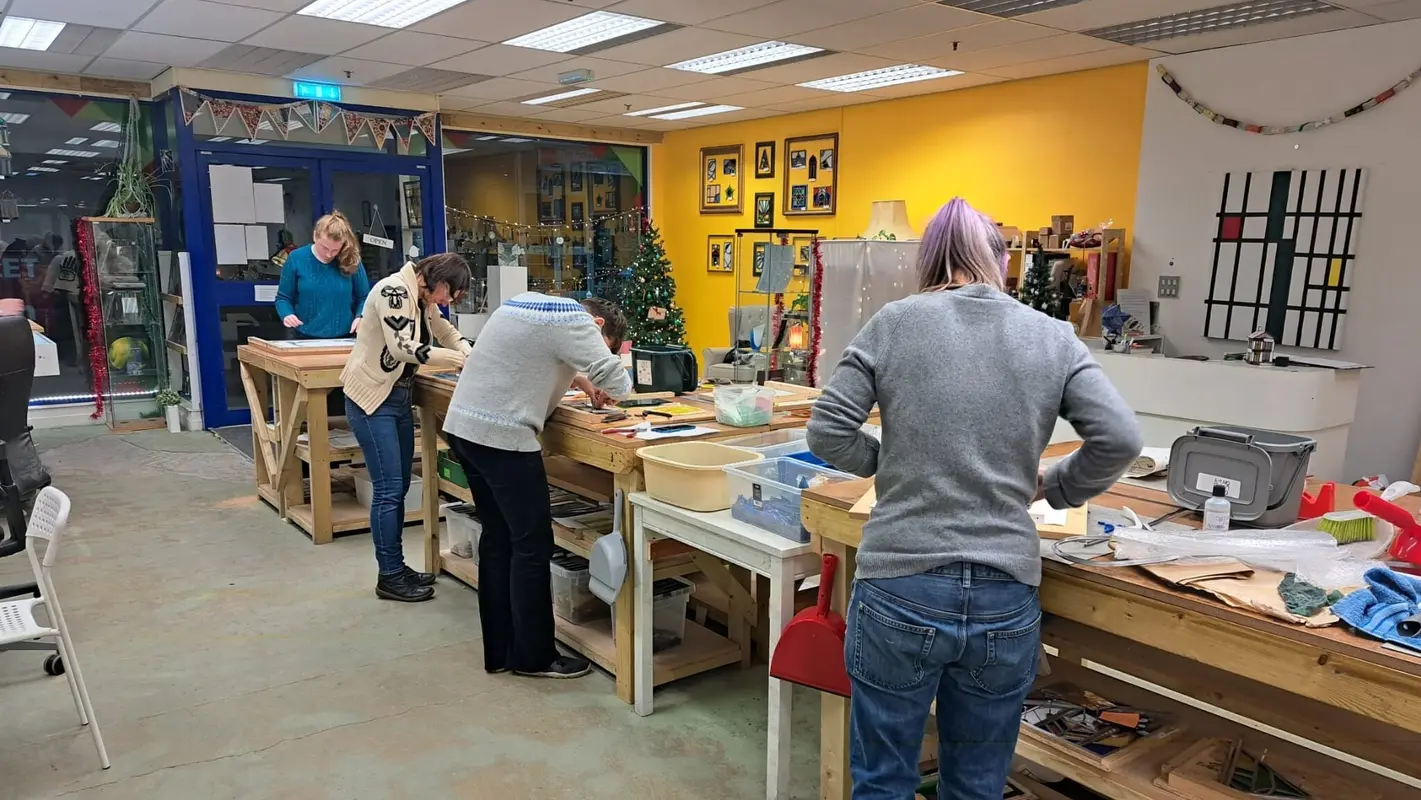The UK’s creative industries have a global reach. British arts, technology, and design are internationally famous, and attract investment from around the world.
There are many different reasons for foreign investors deciding to choose the UK over creative sectors in other countries. Prestige and reputation are just one factor. Others can include local regulatory systems, tax incentives, access to resources, and the structure of the local labour market.
This paper examines the motivations that underpin foreign direct investment (FDI) in the creative industries. It draws on data from the Orbis Crossborder Investment database, which records information on FDI projects for a range of characteristics, and crucially also captures the underlying motives behind the decision to invest in a specific place and sector.
The paper starts with a brief overview of the literature of FDI in the creative industries, before analysing the data from the Orbis database, and finally outlining some policy recommendations.
The authors identify a range of motivating factors for FDI. They show that motivating factors differ across different creative subsectors, but also among different types of investors. Investors from the US, for example, tend to value a highly skilled workforce. Meanwhile, investors from India are more interested in market-seeking factors, such as the growth of a market or its structure.
This paper drills down into those motivations, examines the way in which FDI changes across the UK’s regions, and looks at ways that institutions and governments can encourage more FDI. It is vital research for policy makers who want to encourage greater international investment into the UK’s creative industries.
__________________________________________
Photo by Simona Marinkova on Unsplash
Related Discussion Papers
Demand for Creativity and AI Skills in the Post-ChatGPT Labour Market
This study examines the evolving relationship between employer demand for creativity and AI skills i…
Regional Trade Agreements, Cultural Provisions and Trade in Cultural Goods
Analysing the impact of Regional Trade Agreements on the bilateral trade of cultural goods from 1999…
International Trade Challenges and the Effectiveness of Support Measures for the UK’s Creative Industries
The formidable challenges confronting the UK’s creative industries in the realm of exports, st…
Northern England’s Creative Industries
The Creative Industries are already a driver of growth across the UK economy. Export-intensive and m…
Creative Destruction? Creative firms, workers and residential gentrification
A new study by Tasos Kitsos, Max Nathan, and Diana Gutierrez-Posada finds only a minor influence of …
Speaking with One Voice
A fundamental remit of the BBC, and other public service broadcasters (PSBs) like ITV and Channel 4,…
Transitioning to Sustainable Production across the UK Theatre Sector
This discussion paper examines transitional pathways to sustainable theatre production in the UK. By…
Identifying and analysing UK fashion micro-clusters
The UK’s Fashion and Textiles industry contributed almost £20 billion to the UK economy in 202…
Net Zero as a catalyst in fashion micro and small enterprises
This report identifies examples of work taking place across three levels of change – social, e…
The Motives of Inbound Foreign Direct Investors in the UK Creative Industries
The UK’s creative industries have a global reach. British arts, technology, and design are internati…
Brexit uncertainty and international trade in services: Evidence from the UK creative industries 2014-2019
This discussion paper is based on one of the first studies to look at the impact of Brexit on the Cr…
Working Together – Cooperatives as a creative industry business model
This authors looks at how creative workers and students typically understand cooperatives, explore t…












